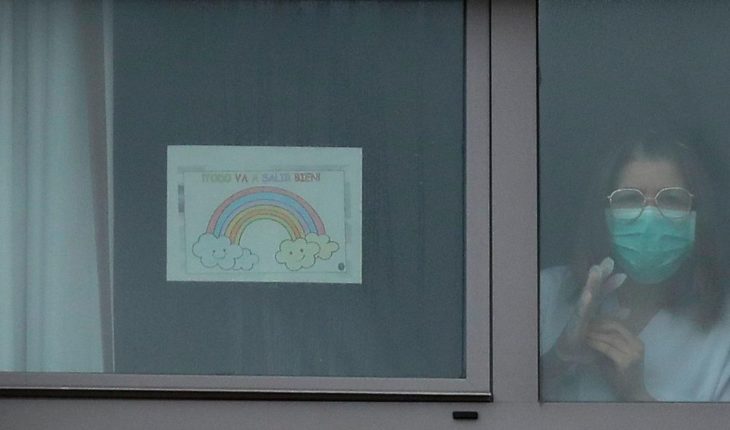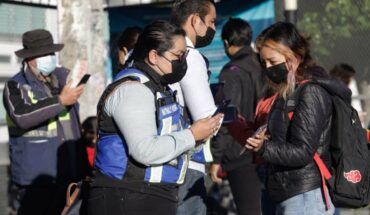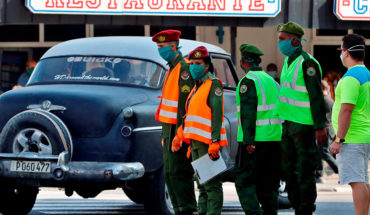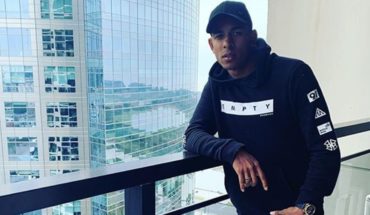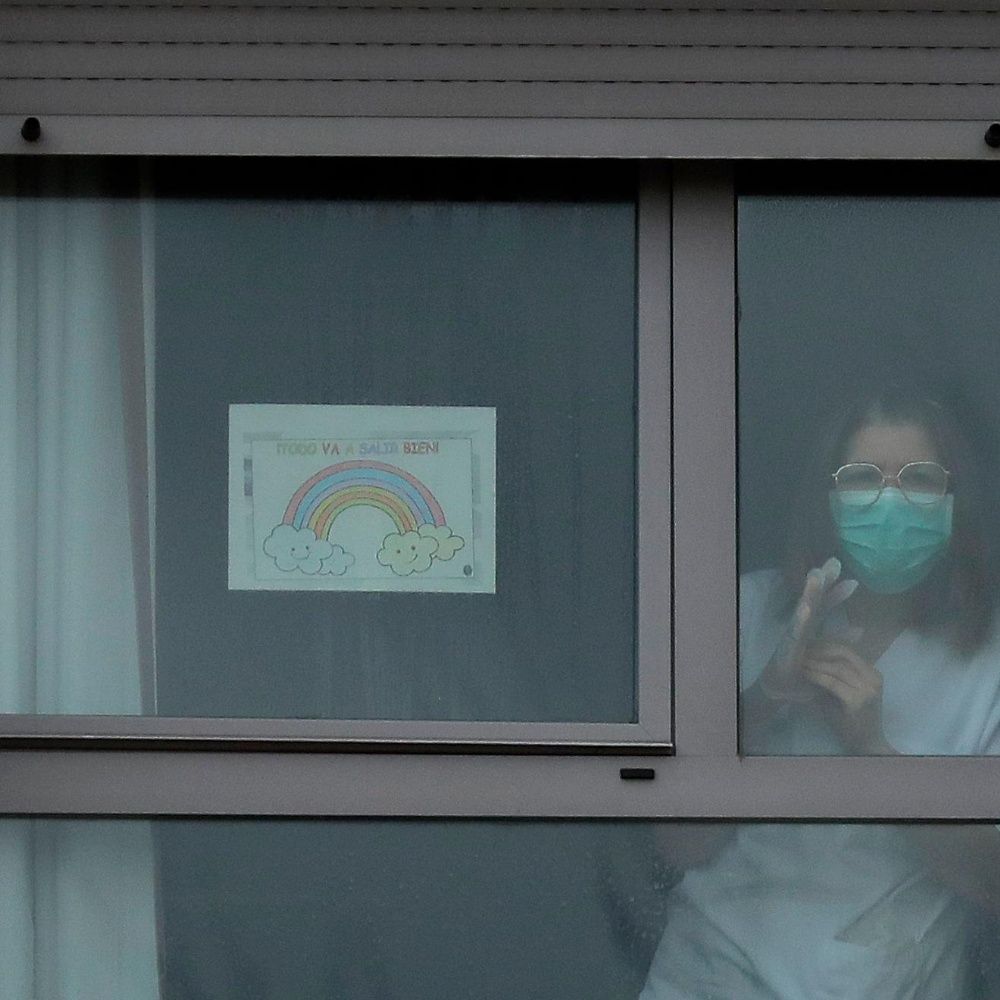
“I’ve worked the last four days, and I’ve cried every day.” Eileen McStay, a registered nurse at Mount Sinai Hospital in New York City, is on the front lines of the COVID-19 pandemic, which is exhausting her mentally and emotionally, to her and her colleagues. McStay works in a hospital ward full of live and frightened coronavirus patients, some of whom fight for their lives. She returns home to an empty apartment: her four children are staying with her dad during the crisis, and she doesn’t allow her boyfriend to visit her for fear of infecting him.
“At work we’re told to treat ourselves as if we were infected,” McStay said. “The infectious disease doctor told us that, statistically, 100 percent of health workers will have tested positive when this is over,” he added.
I haven’t been hugged in seven days… Or my children. Or my parents. And this kills me
Most people are facing the isolation of staying at home to prevent the spread of COVID-19. But health care workers who should go to care for people in need pay an even higher price, in terms of their own emotional health. The lessons of Wuhan
A new study of Chinese health care workers provides some understanding of what McStay and his colleagues face while caring for others. Researchers have found that frontline health care workers in Wuhan, the epicentre of the pandemic, were much more likely to report depression, anxiety and insomnia than people who worked elsewhere in China.
Frontline health care workers directly involved in treating COVID-19 patients are three times more likely to suffer from insomnia and 50 percent more likely to suffer from depression or anxiety, depending on the results, which were published in the March 23 online edition of the JAMA Network Open.Dr. Roy Perlis is a psychiatrist at Massachusetts General Hospital in Boston, and wrote an editorial published along with the study. “The important point this work raises is the level of depression, anxiety and insomnia that we are already seeing in health care workers. They describe stress levels that strongly predict a risk of post-traumatic stress disorder later,” he warned. McStay agreed that people’s lives will be permanently altered by their experiences in this pandemic.” The last four days I have worked in a plant where all patients were COVID-19 positive. It is impossible to be more within the ‘eye of the storm’,” McStay said, there are more than 20,875 confirmed cases of COVID-19 in New York, Gov. Andrew Cuomo said during a press conference Monday. It’s a much larger amount than in the other states.’Scared and alone’
McStay almost cried when he talked about patients struggling to breathe, and the life-and-death decisions that are being made about where to direct resources.” They’re people who don’t get visitors. Visitors are not allowed in the hospital. People are so scared and so lonely, just like us,” McStay.You may be interested:Symptoms that your body no longer endures stressTheures favors the spread of coronavirusWhat you should do if you or a loved one gets infected with coronavirusAll McStay colleagues are self-quaven when they’re not at work, to protect their families, so they fluctuate between hopelessness at work and isolation at home. Nerves begin to fail, even among professionals
U.S. nurses under coronavirus stress. NYTS
“Yesterday at work there were discussions, and there had never been, never such hostile discussions,” McStay lamented. “We all feel a palpable fear.” Mount Sinai is doing everything he can to back them up, McStay said.The CEO sends them trays of granola bars and cereals, and fruit, with hand-signed backing notes. Managers and administrators visit regularly to share the latest public health information. There are active spiritual counselors and support networks, offering help to patients and staff members in need. All workers have received an application where they can monitor their symptoms, so that other staff members can tell them if they should worry about being infected.” The mind does tricks on us,” McStay said. “Fear is winning.” Heroes, but humans
McStay said he has to climb a steep slope to go to work every day, and yesterday he worried when he was short of breath as he climbed it.” I was short of breath. I was short of breath,” McStay recalls. “Then I thought, what an idiot I am, I’m short of breath every day.” Perlis said the best thing to do to help professionals like McStay is to make sure they have all the resources they need, in terms of masks and gloves and access to COVID-19 testing.
They are being asked to do a very difficult task without the right resources. There are very practical things that need to happen to reduce that stress.
Psychiatrists like him must also be deployed to give health care workers the counseling they need, he added.” Right now there are so many heroes, and it’s easy to forget the fact that those heroes are also human,” he emphasized. “When they pause for a short break, when they come home after a shift, they are just as susceptible to the consequences of that stress as everyone else.”
Original source in Spanish

